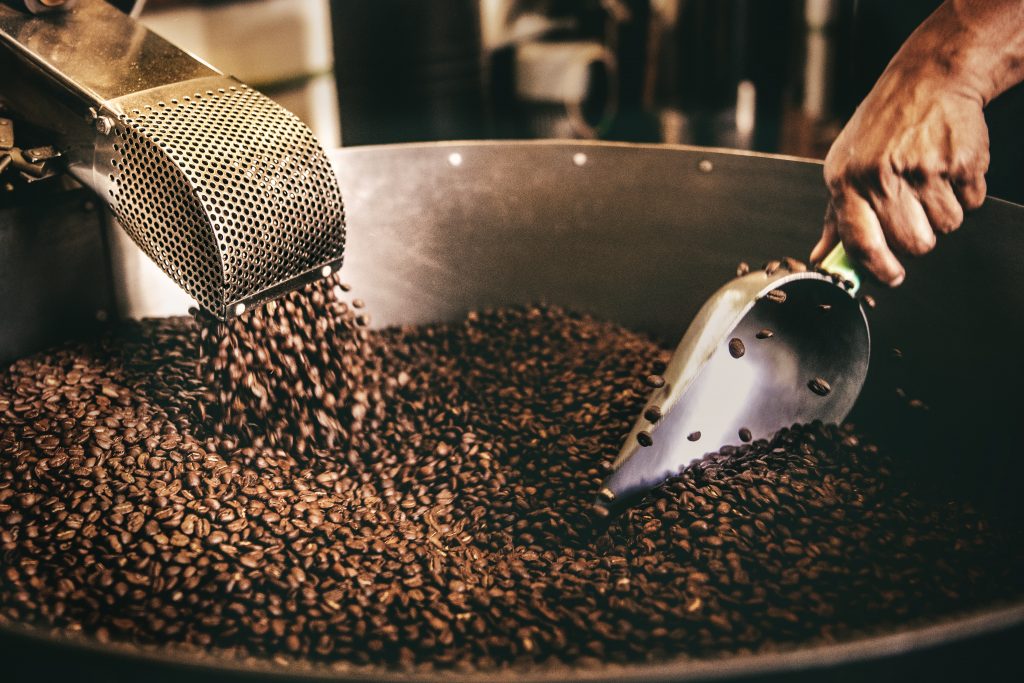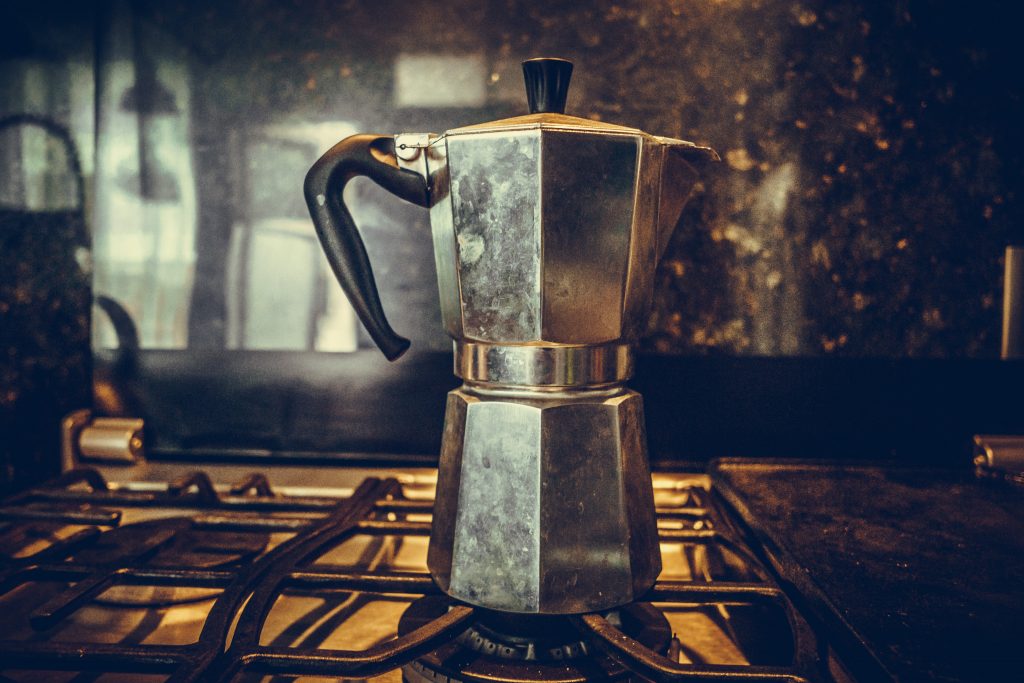I drink coffee to savor multiple tastes all at once, including the bitterness, sweetness, and mild acidity it offers. Depending on the type of coffee you usually buy, it can have a fruity, nutty, and chocolaty flavor. But sourness is the one flavor no one appreciates. One sip of such a drink is capable of ruining your perfect day.
Your instant reaction would be to switch to different coffee beans. But what about all the other mornings you were blessed with a fantastic cup of coffee using the same product. The problem lies not in your appliance or type of coffee but in the extraction process.
Coffee making is not just an art but also a science. To get a great cup of coffee, you need to take careful steps. One wrong move and your taste buds will criticize your skills. What you should do to prevent is track down the minor mistakes and refrain from making them again.
With this detailed guide, you will learn what caused the sour taste and how you can fix it. Bring back your coffee experience and never repeat the same mistakes again. Let’s dive in!
Contents
Why Does Coffee Taste Sour?
Several factors determine whether your cup of coffee will have a sour taste. Let’s look at each one of them separately.
Extraction Process
When you’re brewing coffee, there’s a sequence in which all the flavors get extracted. First, the fats and acids that are responsible for the solid and undesirable sour taste are removed. Then come the sugars that bring the sweetness in the coffee to counterbalance the acidity. And lastly, the plant fibers, which produce a bitter flavor.
Despite the brewing method you’re using, your coffee will taste sour in the end if you brew it for a shorter period. When you under extract, you don’t give enough time to extract sugars and plant fibers, which lowers the sourness.

Roasting Process
Initially, your coffee beans are green and become the usual brown after going through a process called roasting. Roasting uses heat, air, timing, intensity, and specific other techniques to transform them into brewable coffee. The beans undergo a Maillard reaction at one point, which brings flavors in the coffee and caramelizes the sugar.
If you roast the beans very lightly, the Malliard reaction fails to take place, hence the sour taste. This occurs very rarely if you buy pre-roasted coffee. However, the possibility increases when you roast it yourself, especially if you are a beginner. In that case, a sour cup of coffee shouldn’t be much of a surprise for you.
Grind Size
Grind size is a crucial factor that depends on the method of extraction you generally use. It goes back to the first reason since grind size can result in under extraction, causing sourness in your coffee. The coarser coffee grounds allow the water to filter at a higher rate. Hence, most of the flavors that balance the sour taste and acidity levels do not get extracted.
Freshness of Coffee Beans
Like every other thing, coffee beans also have a time limit to stay fresh. After some time, it will lose its freshness. Keeping the beans in an air-tight container might delay the process, but it is their inevitable fate. The aroma evaporates, and the acids turn sour. Similarly, quickly using the beans right after you roast them can also result in a sour taste.
Ways to Fix It
Don’t be disappointed if you have to drink a sour coffee, as described in this article. You can experiment with these different methods and efficiently solve the problem.
Increase Brewing Time
 This is the first step to overcoming the unwanted sour taste. When you increase the brewing time, you’re letting the more tasty compounds be extracted and work their magic. Your extraction method determines the possible way to do it.
This is the first step to overcoming the unwanted sour taste. When you increase the brewing time, you’re letting the more tasty compounds be extracted and work their magic. Your extraction method determines the possible way to do it.
When using a french press, simply wait a little longer before pulling its filter. However, if you use a pour-over, pour the water in an even slower manner. This will give the water and coffee grounds more time to interact.
Fine Grind the Coffee
If you don’t like the idea of investing extra time in making coffee, a second option would be to grind the beans more finely. Smaller grounds will require less amount of time to get all the flavors extracted. The pour-over technique also allows the water to be filtered slowly, automatically increasing the brewing time.
Keep the Coffee Freshness in Mind
The roast is what initiates the staling process of coffee beans. Over time, it will lose all the flavors and aroma that otherwise keeps you hooked on the taste. It is best to use them within the first 4 or 5 weeks of being roasted. After that, your coffee will have an unbalanced and sour taste.
Conclusion
Now you don’t have to continue having a cup of sour coffee now and then. All you need to do is to avoid these common mistakes. Another thing to keep in mind is the quality of the water you’re using. Low-quality water not only puts the taste of the drink at stake but also your health. And finally, remember to maintain the optimal temperature of the water when brewing to get a better extraction. Now that you know why coffee tastes sour and how to prevent it, you can enjoy your morning brew just the way you like it.

